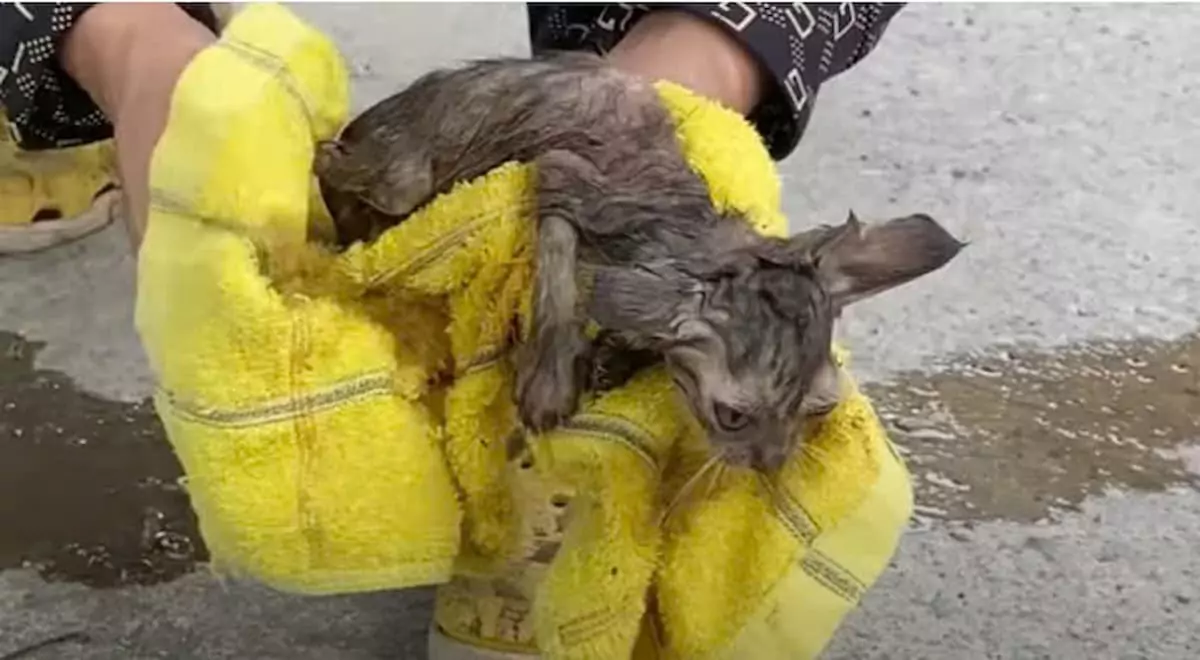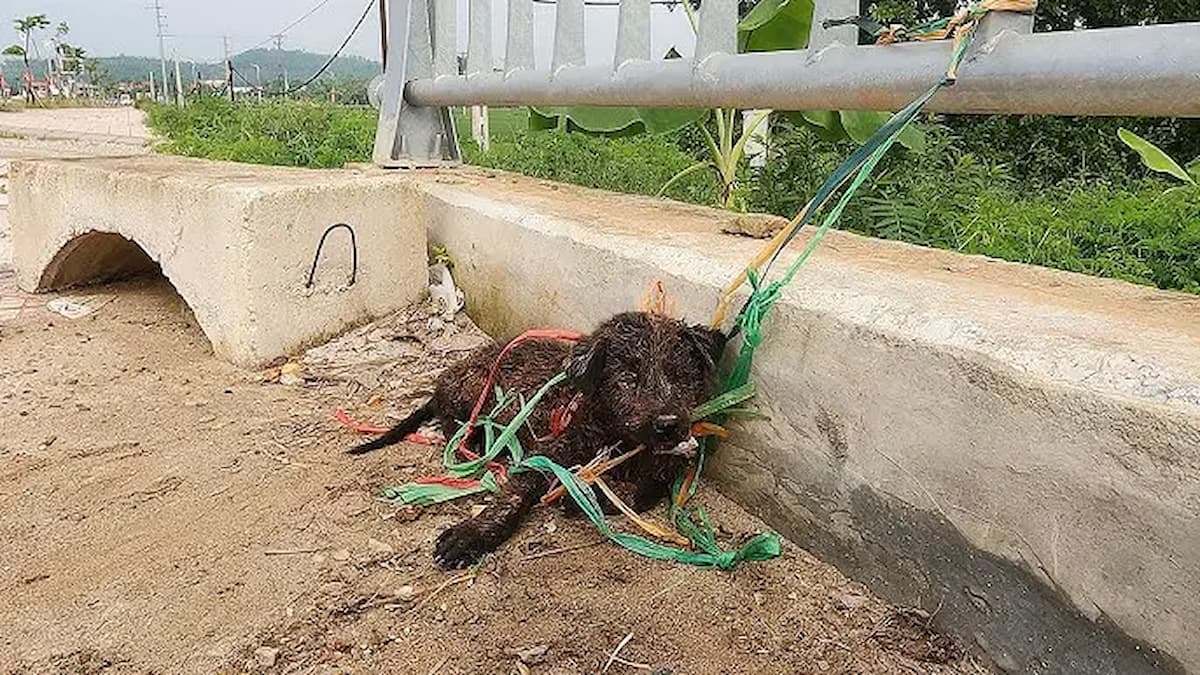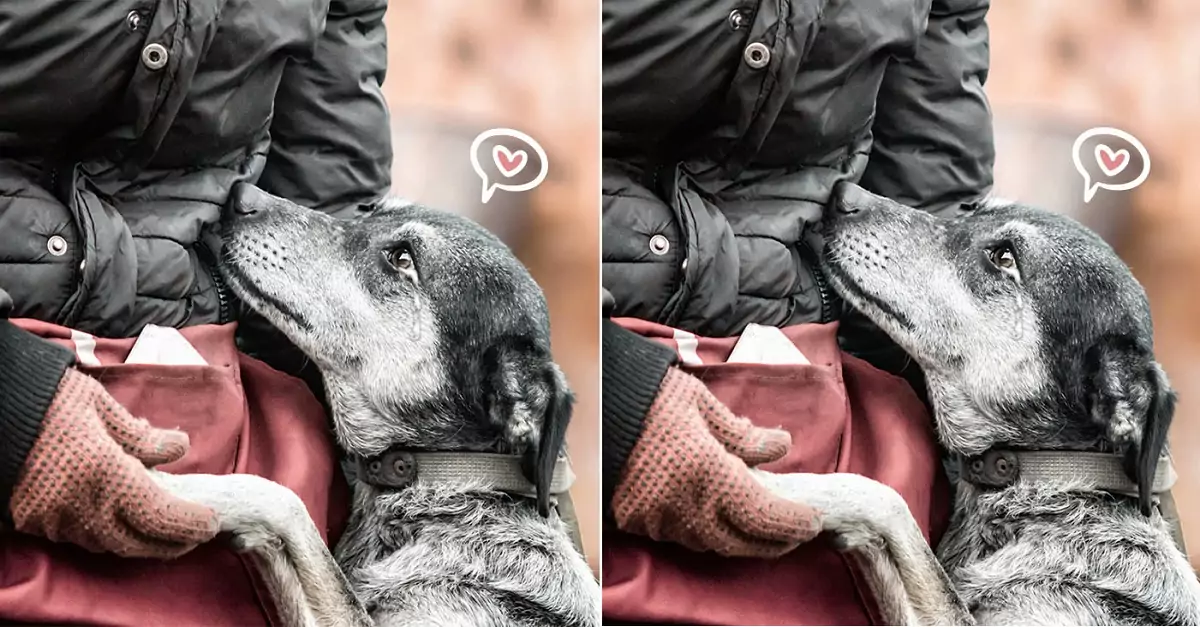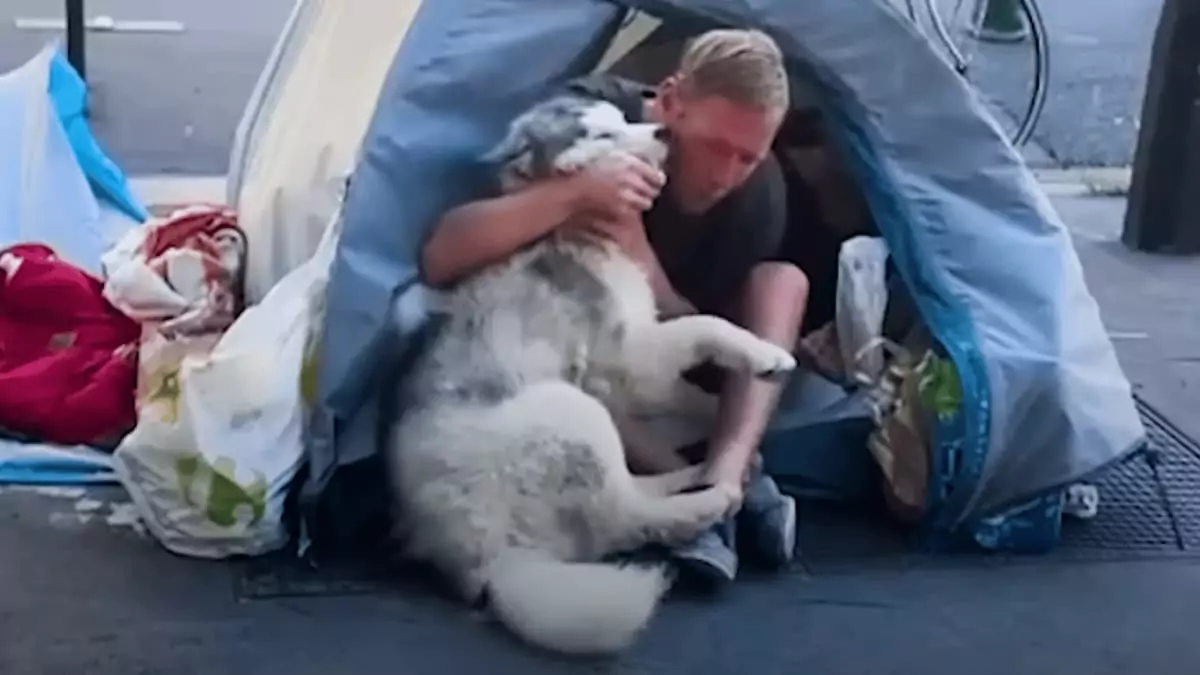In cities around the world, the plight of homeless animals is a heart-wrenching reality. Among these animals, dogs often suffer the most. Two homeless dogs, in particular, have become a symbol of this ongoing issue, living in miserable conditions, struggling to survive without shelter, food, or love. This article sheds light on their dire situation and emphasizes the urgent need for adoption or shelter placement to provide them with a chance at a better life.

Two homeless dogs living in misery need to be adopted or put in a shelter
The Harsh Reality of Homelessness for Dogs
Every day, countless dogs roam the streets, abandoned by their owners or born into a world without care. These animals face numerous challenges, from extreme weather conditions to lack of food and water. The two dogs in question are no exception. Living in constant fear and uncertainty, they often scavenge for scraps, risking their health in the process. Their fur is matted and dirty, a testament to the struggles they endure. Homeless dogs can also be victims of abuse or neglect, leading to physical and emotional scars that can last a lifetime.
The streets are no place for any dog, especially when they are vulnerable and defenseless. They encounter dangers such as traffic, harsh weather, and the potential for confrontation with other animals. Each day is a battle for survival, filled with anxiety and despair. The psychological toll of living in such an environment can lead to behavioral issues, making it even more difficult for these dogs to be adopted.
The Importance of Adoption and Shelters
Adoption plays a crucial role in alleviating the suffering of homeless dogs. When compassionate individuals step forward to adopt these animals, they not only provide a loving home but also contribute to a larger movement of responsible pet ownership. Shelters are designed to offer temporary refuge for homeless animals, providing them with food, medical care, and the chance for socialization.
For the two homeless dogs, being adopted or placed in a shelter can mean the difference between life and death. Shelters are often overcrowded, and without intervention, these dogs may face the threat of euthanasia. By promoting adoption, we can help reduce the number of homeless animals on the streets and give them the opportunity to experience the love and care they deserve. Furthermore, adopting a dog from a shelter can be incredibly rewarding for individuals and families. Many shelter dogs are already trained, socialized, and ready to become loyal companions.
The Role of the Community in Helping Homeless Dogs
Communities have a vital role in addressing the issue of homeless dogs. Local organizations, rescue groups, and individuals can work together to raise awareness and provide resources for these animals. Community outreach programs can educate the public on responsible pet ownership, the importance of spaying and neutering pets, and the benefits of adopting rather than purchasing animals.
Moreover, volunteers can contribute their time and skills to help care for homeless dogs. Activities such as organizing food drives, fundraising for shelters, or fostering dogs can make a significant impact. Fostering is especially important as it provides a temporary home for dogs in need, allowing them to adjust to life indoors and increasing their chances of adoption.
Conclusion: A Call to Action
The situation faced by the two homeless dogs serves as a poignant reminder of the challenges that countless animals endure daily. Their story highlights the urgent need for adoption and shelter placement, urging individuals and communities to take action. By opening our hearts and homes to these animals, we can change their lives for the better and reduce the number of homeless dogs in our cities.
If you have the means and compassion to adopt a dog, consider visiting your local shelter or rescue organization. If adoption isn’t an option for you, there are many ways to help, from volunteering your time to donating supplies or spreading awareness about the plight of homeless animals. Together, we can create a brighter future for these dogs, ensuring they no longer have to live in misery but instead thrive in loving homes. The time to act is now; let’s be the voice for those who cannot speak for themselves.
















